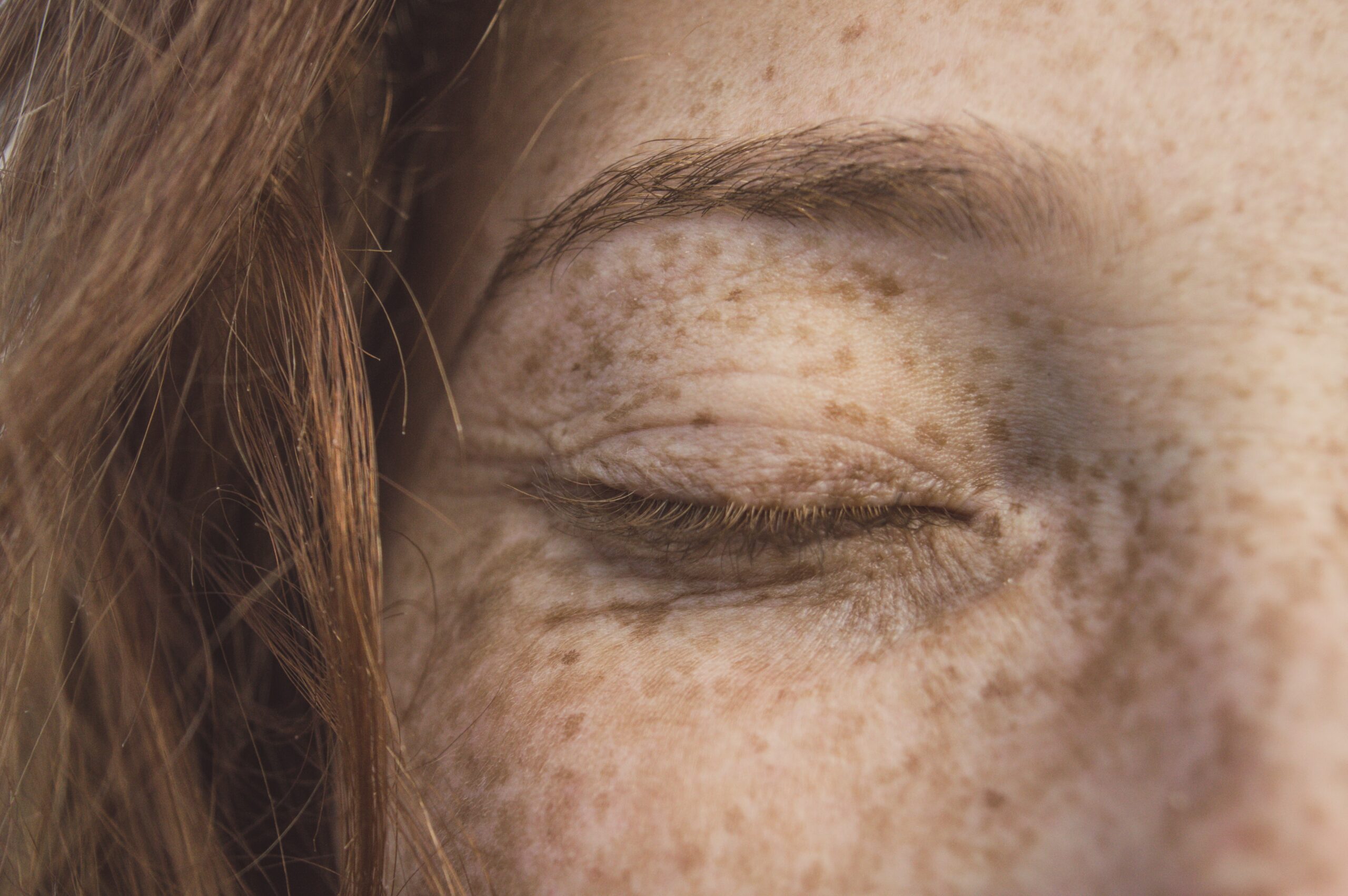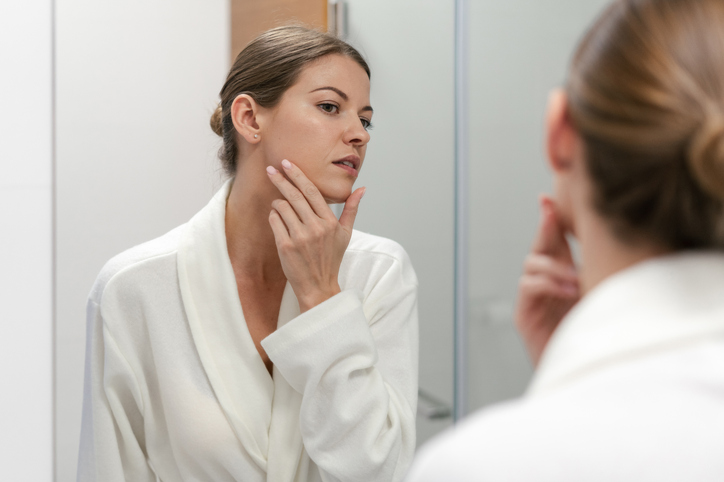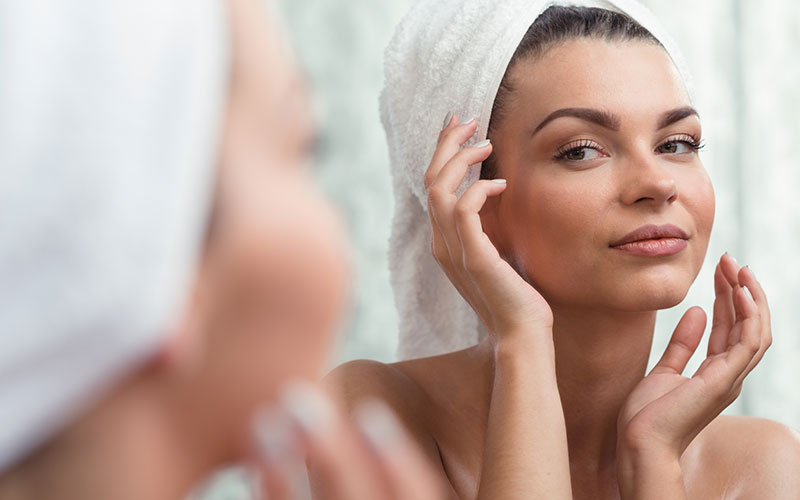 Discolored skin can be more than just a cosmetic concern: It often impacts our self-esteem and confidence in daily life.
Discolored skin can be more than just a cosmetic concern: It often impacts our self-esteem and confidence in daily life.
From dark spots to light patches, various factors can lead to skin discoloration. But what causes these issues? And equally important: How can they be addressed through cosmetic procedures?
It’s important to understand the common causes of skin discoloration (also called hyperpigmentation). Once you know the specific cause of your issue, you can start exploring solutions from Advanced Dermatology and Laser Institute for restoring your skin’s natural pigment.
Causes of Discolored Skin
Post-Inflammatory Hyperpigmentation
After healing from an injury, acne, or skin conditions like eczema, you might notice a darker spot on your skin. Known as post-inflammatory hyperpigmentation (PIH), these dark spots can take time to fade. Using broad-spectrum sunscreens with SPF 30 and avoiding sun exposure can help reduce the appearance of hyperpigmentation.
Melasma
Commonly found on the face but also on the forearms and neck, Melasma causes dark patches of pigment. It’s prevalent in Latinas as well as women of African or Asian descent and involves factors like genetics, pregnancy, and some medications. Once again, sun protection measures like hats and sunglasses can help to reduce the appearance of Melasma.
Medication-Induced Discoloration
Certain medications for conditions like high blood pressure, diabetes, and heart disease can cause skin discoloration, especially in people of African or Latino descent. If you notice such symptoms, consult the doctor who first prescribed the medication.
Solutions to Discolored Skin
Treatments for discolored skin range from prescription medicines and chemical peels to laser therapy and medical-grade facials.
At Advanced Dermatology and Laser Institute of Seattle, the practice’s specialists offer a variety of treatments designed to restore your natural skin color. In addition, the daily application of moisturizer and sunscreen can help in alleviating Pityriasis Alba, a condition common in children that causes round, light patches covered with white scales.
Schedule a Consultation Today
If you’re concerned about discolored skin or dark spots, it’s time to consult the experts. Led by Dr. Steven Greene, the Advanced Dermatology and Laser Institute has over 25 years of experience in treating skin conditions.
Contact Advanced Dermatology and Laser Institute at (206) 402-4797 to schedule your consultation today in Seattle, WA.

 At Advanced Dermatology and Laser Institute of Seattle, advances in dermatological science offer a safe, effective solution for removing keloids and helping you achieve the appearance you want.
At Advanced Dermatology and Laser Institute of Seattle, advances in dermatological science offer a safe, effective solution for removing keloids and helping you achieve the appearance you want.  UV rays have a powerful impact on the health and appearance of the skin. Whether from the sun or artificial sources, UV rays penetrate deeply into the dermis, damaging collagen fibers and accelerating age-related skin concerns, including lines and wrinkles, dry and leathery skin, solar elastosis, actinic keratosis, and solar lentigo (sun spots).
UV rays have a powerful impact on the health and appearance of the skin. Whether from the sun or artificial sources, UV rays penetrate deeply into the dermis, damaging collagen fibers and accelerating age-related skin concerns, including lines and wrinkles, dry and leathery skin, solar elastosis, actinic keratosis, and solar lentigo (sun spots). November is National Healthy Skin Month, providing the ideal time to consider the health of your skin and your goals going forward. Even if your skin care routine is thorough and consistent, National Healthy Skin Month is a great time to call our office and schedule a consultation with board-certified dermatologist
November is National Healthy Skin Month, providing the ideal time to consider the health of your skin and your goals going forward. Even if your skin care routine is thorough and consistent, National Healthy Skin Month is a great time to call our office and schedule a consultation with board-certified dermatologist 




